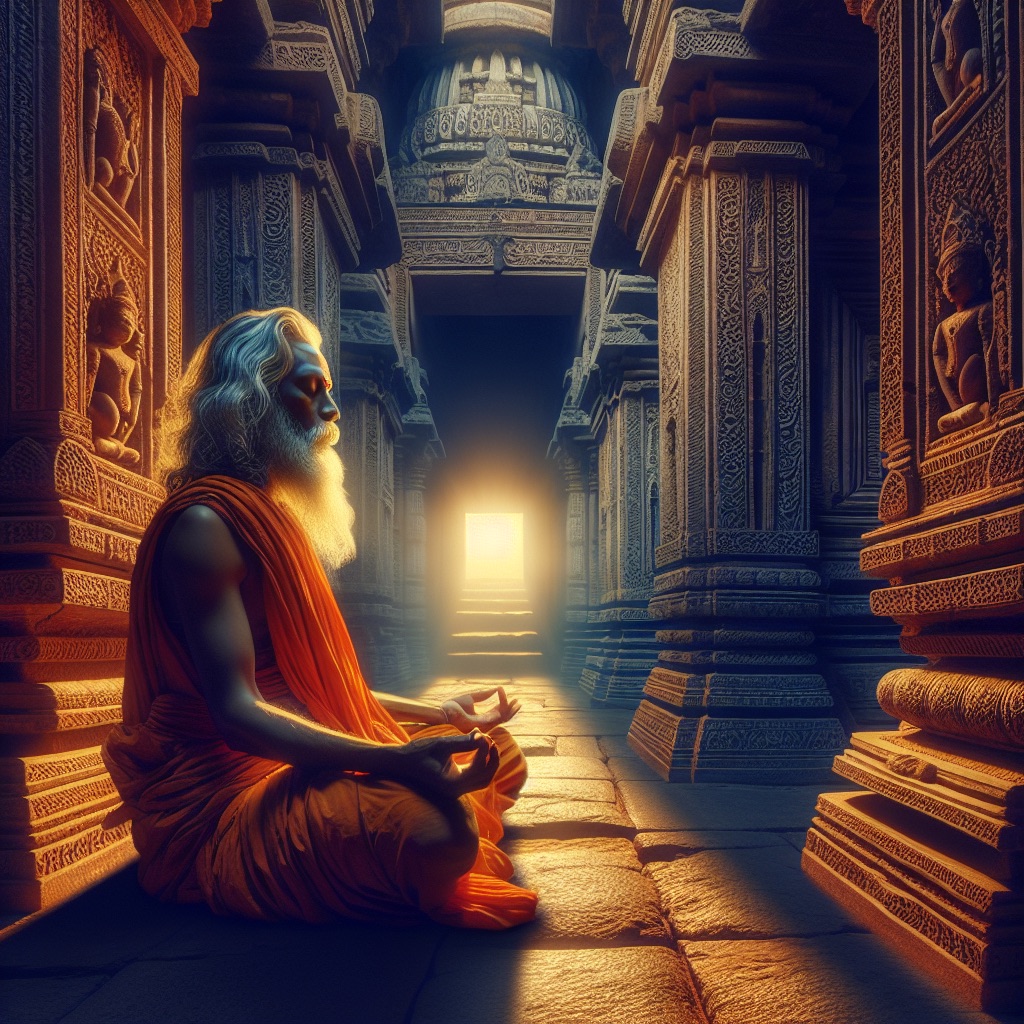Verse 1-1
Translation by Swami Sivananda
Om. May Mitra be propitious to us, and Varuna propitious be; may Aryaman propitious be to us; propitious be Indra and Brihaspati to us; to us propitious may Vishnu of vast extent be. Bow to Brahman! Bow to Thee, Vayu! Thou art indeed Brahman perceptible. Thee indeed will I declare Brahman perceptible. The right will I declare; and I will declare the true. May That protect me; may That protect the teacher. Me may That protect; may It protect the teacher.
Om! Peace! Peace! Peace!

